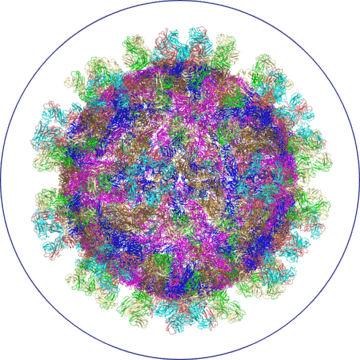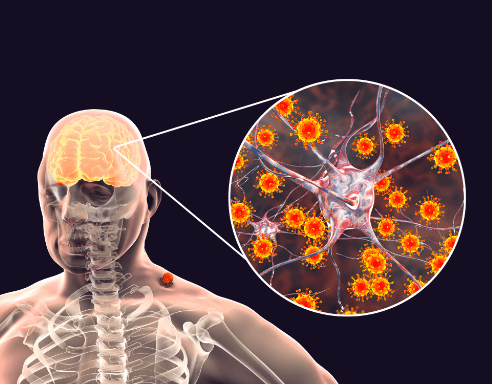Dosing Schedule3
0.25mL dose
Stationed Overseas?
Help Protect
Your Family.










You are encouraged to report negative side effects of vaccines to the US Food and Drug Administration (FDA) and the Centers for Disease Control and Prevention (CDC). Visit http://www.vaers.hhs.gov or call 1-800-822-7967.
Please see full prescribing information for TicoVac here.
You are encouraged to report negative side effects of vaccines to the US Food and Drug Administration (FDA) and the Centers for Disease Control and Prevention (CDC). Visit http://www.vaers.hhs.gov or call 1-800-822-7967.
Please see full prescribing information for TicoVac here.